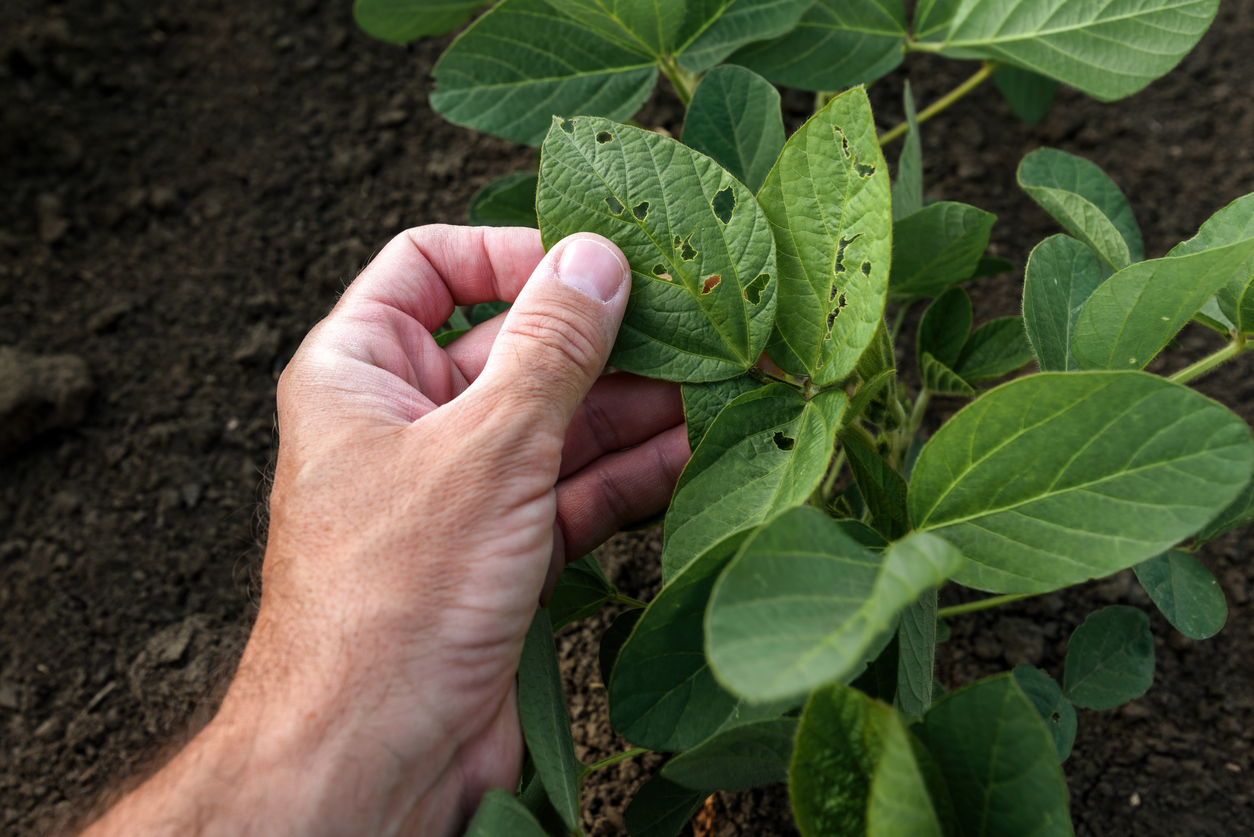
Experts Review Crop Pests' Responses to Climate and Land Management Changes
April 9, 2025| |
Hebei University scientists released a compilation of evidence on how tropical, temperate, migratory and soil crop pests respond to changes in climate, land use, and agricultural practices. Their review article is published in Nature.
According to the review, crop pests are responding to warming with expanded geographic ranges, advanced phenological events, and an increased number of reproductive generations per year. Other key findings include the following:
- Climate warming is expanding pest ranges to higher latitudes and elevations, disrupting their life cycles and weakening cold tolerance.
- Migratory pests are adapting well to global change due to their stress tolerance and ability to follow suitable habitats.
- Agricultural practices like irrigation and monoculture can favor pests, while land use changes like deforestation exacerbate the problem by modifying local climates and natural pest controls.
- Key crop pests, such as aphids, borers, and caterpillars, are seeing altered distributions and increased damage due to warming. Consequently, yield losses and pesticide use are rising, a trend expected to continue under future climate extremes.
The experts recommend sustainable pest management can enhance natural pest control and help reduce heavy reliance on pesticides.
Read the review article from Nature.
| |
You might also like:
- Controlling Insect Pests Using Genes from Other Species
- Insect Pest Genome Shows 49 Genes from Plants
- Researchers Find Corn Lines with High Flavonoid Content Could Kill Major Crop Pest
Biotech Updates is a weekly newsletter of ISAAA, a not-for-profit organization. It is distributed for free to over 22,000 subscribers worldwide to inform them about the key developments in biosciences, especially in biotechnology. Your support will help us in our mission to feed the world with knowledge. You can help by donating as little as $10.
-
See more articles:
-
Plant
- Treating NGTs as Conventional Products May Improve Market Acceptance
- Improved Maize Varieties Boost Yields and Farm Income
- New Technique to Unlock Sorghum's Huge Climate Change Potential
- Switzerland Drafts New Law on NBTs
- First Skin-Transplant Potato Gets Plant Breeder's Rights in The Netherlands
-
Health
- Experts Develop COVID-19 Vaccine from Rice
-
Environment
- Engineered Yeast Converts Methanol to D-lactic Acid
- Experts Review Crop Pests' Responses to Climate and Land Management Changes
-
Read the latest: - Biotech Updates (February 18, 2026)
- Gene Editing Supplement (January 28, 2026)
- Gene Drive Supplement (February 22, 2023)
-
Subscribe to BU: - Share
- Tweet

